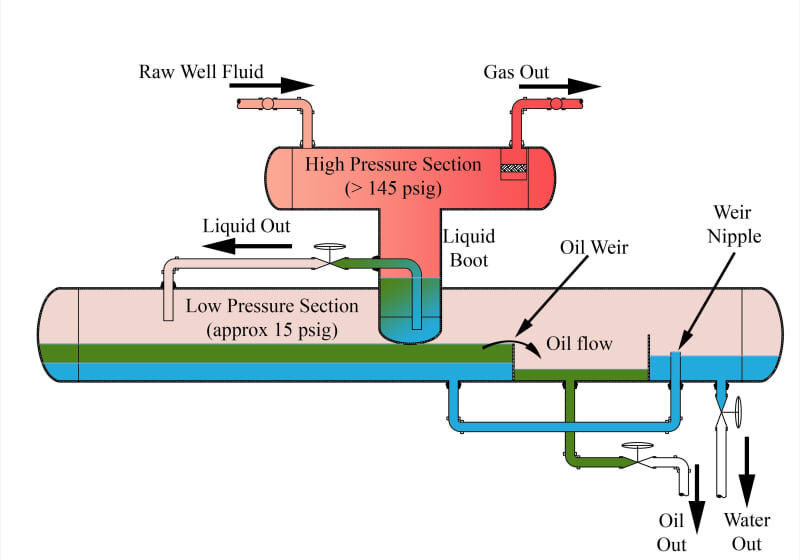Things you might not know about oil-water separators

Team L&M
If you’ve ever wondered how they separate water from oil, then look no further, specialist pieces of machinery called oil-water separators are used. They separate all kinds of different oils and sludge from water, very cleverly leaving the user with separated substances that were close to unusable when combined. How they work and their various functions are outlined below which should answer any questions either before, or after you think of them;
A look at the various liquid components
Depending upon the liquids your business processes and, how often they need processing, will determine which machine is best for the user. There also needs to be an exercise around performance parameters of oil separation and the existence of processing cycle costs. When talking ‘oils’ they can come in many forms such as, mineral oils, vegetable oils, animal oils, and many distinctive organic compounds.
Free floating oil, emulsified oil, dissolved oil, and suspended particles can all be treated with oil water separators although, there are still some toxins and pollutants that can’t be separated by using an oil-water separator alone. The following are the most typical performance measurements to consider:
- Oil droplet size (in the feed to the separator)
- The volume of oil
- Viscosity of water (temperature)
- Water quality to be discharged is desired
- The amount of oil in the feed, as well as the range of possible oil concentrations
- Flow of water in the feed oil
The machines themselves
In the industry an oil-water separator is also known as an (OWS), when looking into ROWs on the Internet, there seem to be 3 main variants, protective wear is strongly suggested when any of the following;
Above Grade – Manufacturers recommend these systems when gravity flow is an issue. These types of machines usually rely on a pump to operate properly.
Flush With Grade Oil Separators – Typically these units are fiberglass constructions and are recommended for areas that don’t necessarily need a pump, they rely on gravity to do their job.
Below Grade Oil Separators – These units are ‘heavy duty’ systems, typically used for burial purposes, perhaps under a road or built area. They also rely upon gravity to do their job.
Oil water separators – The variants
If you work in one of the numerous industries that makes use of oil-water separators then you’ll probably know more than most, nevertheless, it never hurts to know a little bit more. If nothing else, hopefully this article will help to confirm and reassure what you already know whilst inspiring you to continue providing a slick service.
Essentially, the oil – water separators use the same underlying principles in order to separate the different liquid components, the noticeable differences are with systems that use either a pump, or rely on gravity in order to get the job done.
In some industries OWS machines have been specifically designed to cater for a particular job, mainly, because not all oils are the same and, some specialist jobs require a specific type of OWS in order to achieve maximum efficiency, for more information it would be worth speaking with a local team of suppliers.
Some renowned faces of Hindi cinema to mark their OTT debut this year

